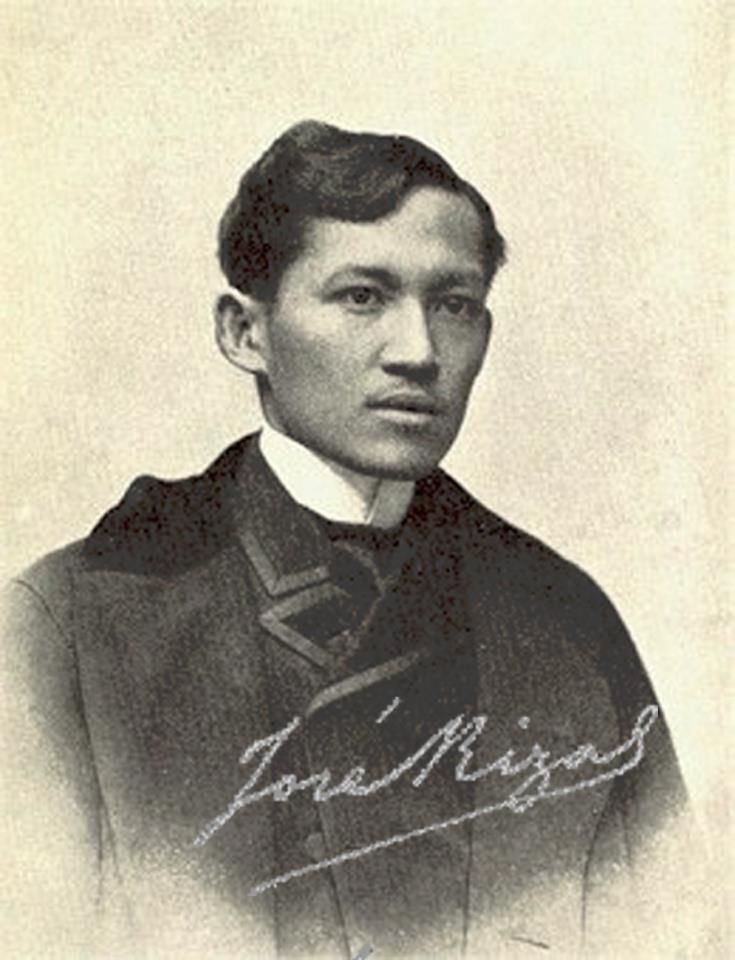
The Great Rebalancing: Weaving the Areaism-Sectoralism Matrix for a New Philippine Prosperity
For decades, the discourse around our global crises has been framed as a battle of ideologies: Capitalism vs. Communism, Globalism vs. Nationalism. We now recognize these as mere factions of a single, flawed operating system—Sectoralism. The emerging alternative, Areaism, is NOT being presented as its revolutionary replacement.
The Great Rebalancing: Weaving the Areaism-Sectoralism Matrix for a New Philippine Prosperity
Institute of Area Management (-IAM-), Iba, Zambales Philip G. Camara, Founder September 19, 2025
Introduction: Beyond Revolution, Towards Integration
For decades, the discourse around our global crises has been framed as a battle of ideologies: Capitalism vs. Communism, Globalism vs. Nationalism. We now recognize these as mere factions of a single, flawed operating system—Sectoralism. The emerging alternative, Areaism, is NOT being presented as its revolutionary replacement.
The truth is more nuanced and far more powerful. Areaism is not a "new" ideology. It is the formal name for the ancient, organic system of management that humanity naturally evolved. Its counterpart, Sectoralism, was not a mistake, but a necessary, if adolescent, evolutionary leap to handle a scale and complexity that Areaism alone could not.
Areaism is the original "Oikonomos" of the original Greek Philosophers. Yes, the same culture that gave us medicine and democracy and of course Philosophy.
The catastrophic error of the last few centuries was not the invention of Sectoralism, but its ascension to the role of master ideology, allowing it to run unregulated and unchecked. Now, with our planetary systems and human psyche strained to the breaking point, the task is not to destroy the specialized engine of Sectoralism, but to re-throne the wisdom of Areaism. The future lies in weaving them together into a sophisticated, self-regulating matrix capable of generating unprecedented, shared prosperity for the 22 million households of a truly decolonized Philippines.
Phase 1: Areaism, The Foundational Operating System
For millennia, human settlements self-regulated according to the principles of their place. This was Areaism. Its managerial technologies—consensual governance, intimate knowledge of the land, direct feedback loops—were perfectly suited to optimizing the well-being of the community within the limits of its ecosystem. The goal was resilience, stability, and health of the whole.
As settlements grew, a complexity was reached that these organic technologies struggled to manage. The need for mass coordination, specialized knowledge, and accelerated production gave rise to a new logic.
Phase 2: Sectoralism, The Engine of Specialization
Sectoralism was the answer. It broke down complex wholes into manageable parts—economics, agriculture, governance—and created specialized tools to maximize the output of each. This propelled humanity forward with massive technological progress, creating surpluses and possibilities unimaginable under the old system.
But this engine had no holistic governor. In optimizing for its own part (e.g., corporate profit, crop yield), it externalized costs onto the whole, degrading our soils, polluting our water, and fracturing our communities. It has been a wildly productive, but ultimately self-terminating, adolescent phase of our growth.
Phase 3: The Synthesis—Weaving the Matrix of Prosperity
We now possess both the specialized power of Sectoralism and a renewed understanding of the foundational wisdom of Areaism. The next stage is to integrate them. To understand this matrix, imagine a loom weaving a new social fabric for our modern world.
Sectoralism is the Warp (The Vertical Strands): The warp provides the powerful, vertical structure of the loom. These are the specialized threads of our modern world: finance, technology, logistics, energy, and industry. Each is incredibly strong and productive in its own narrow channel, but alone, they are just a collection of disconnected, parallel strings under tension. They form the vast, powerful, but incoherent framework that has been built over the last few centuries.
Areaism is the Weft (The Horizontal Strands): The weft is the active, intelligent thread that weaves horizontally, passing over and under the rigid warp threads. This is the role of Areaism. It is the governing force that binds the powerful but separate sectors together, integrating them into a coherent, resilient, and beautiful fabric. The principles of Areaism—of optimizing the health of the whole biodistrict—are woven through the existing structures of the modern economy, taming their extractive tendencies and harnessing their power for a regenerative purpose. The weft covers the warp, ultimately defining the character, strength, and pattern of the final cloth.
How the Matrix Works in Practice:
Governing Intent: The Central Zambales Biodistrict Council, operating on Areaist principles (the weft), decides to improve the Area's health (Dimiciled Households and Environment) and generate surpluses. It invests in regenerative agriculture, etc.
Harnessing the Tools: To manage the resulting surplus, the Council's plan intentionally weaves through the vertical sectors (the warp). It engages a specialized food processing company, a logistics firm, and a financial partner, pulling these powerful threads into its new pattern.
Synergistic Outcome: The result is a high-value export product. The crucial difference is that this entire enterprise operates under the "social license" and governing logic of the Biodistrict Council (Areaism). The success of the sectoral players is now contingent on contributing to the Area's foundational health.
Scaling the Matrix: A Decolonized Philippines
This is the blueprint for a nation that builds its prosperity from the ground up.
Biodistricts: The 275 biodistricts provide the intelligent, governing "weft," weaving regenerative logic through the national economy.
Regions: As this pattern is woven, healthy, productive Biodistricts naturally form strong, resilient Regions, becoming powerhouses of sustainable value creation.
The Nation: A Philippines composed of prosperous regions is a truly sovereign and decolonized nation. It is no longer dependent on the whims of global commodity markets or the extractive logic of foreign capital. It generates its own prosperity, for its own 22 million households, on its own terms.
This matrix resolves the central conflict of the modern era. It allows us to harness the immense productive power of specialization without allowing it to destroy our home. It is a vision of maturity, a great rebalancing that re-embeds our powerful engines of progress within the living wisdom of place. This is the path forward.
About Philip G. Camara
Philip Camara is the founder of the Institute of Area Management and a leading advocate for sustainable community development through the principles of Areaism. His work focuses on transforming how communities organize themselves for collective well-being and ecological resilience.


